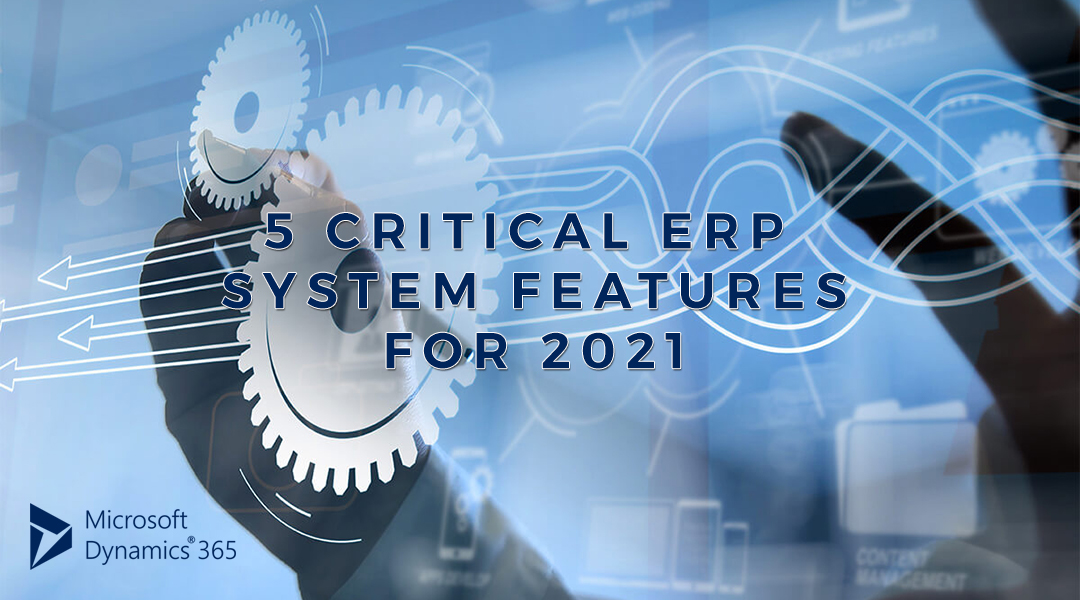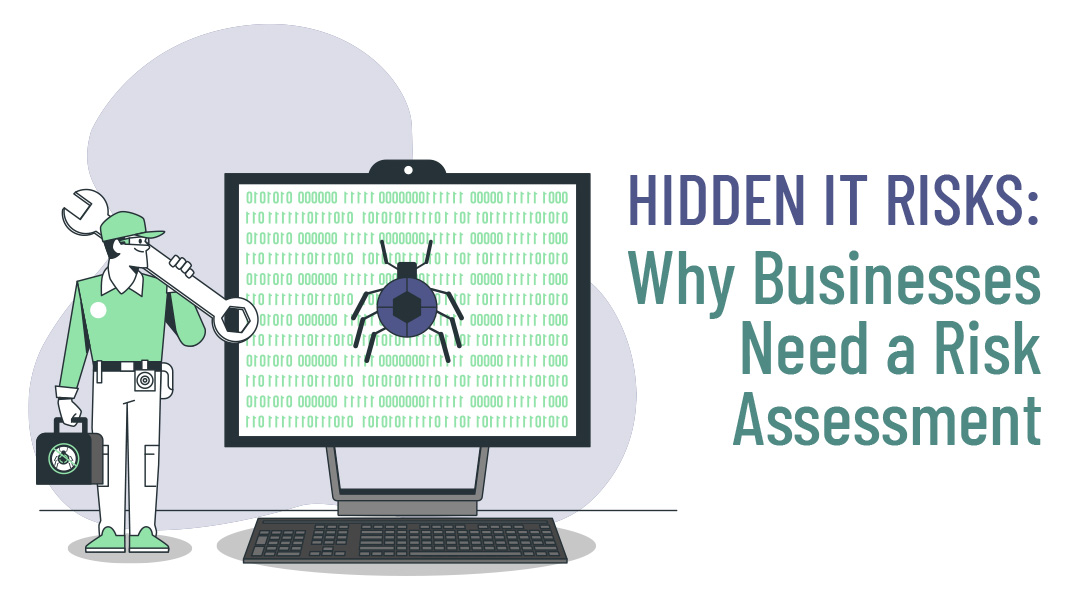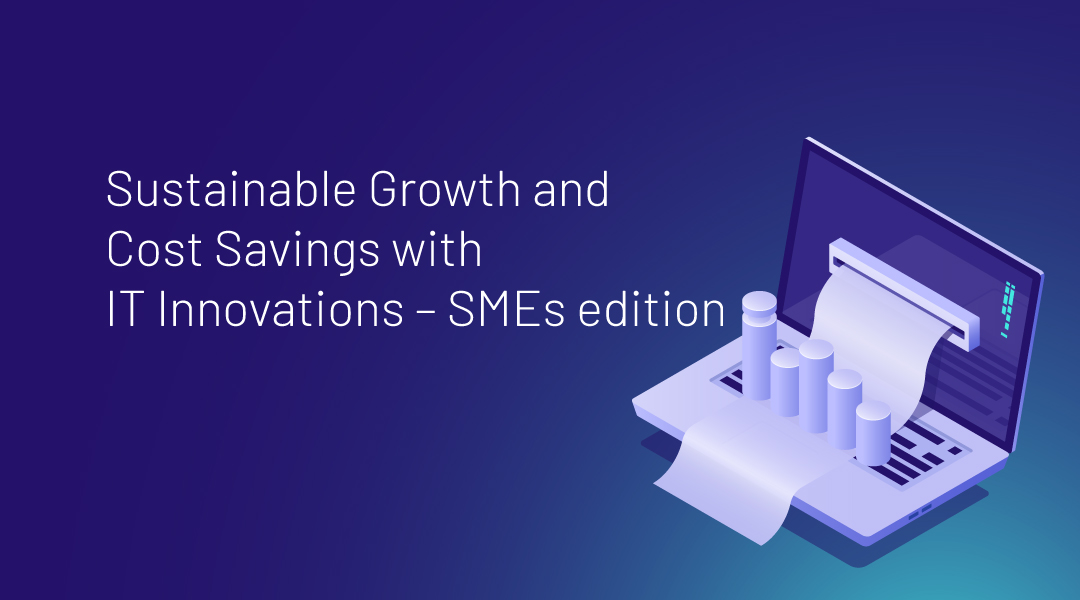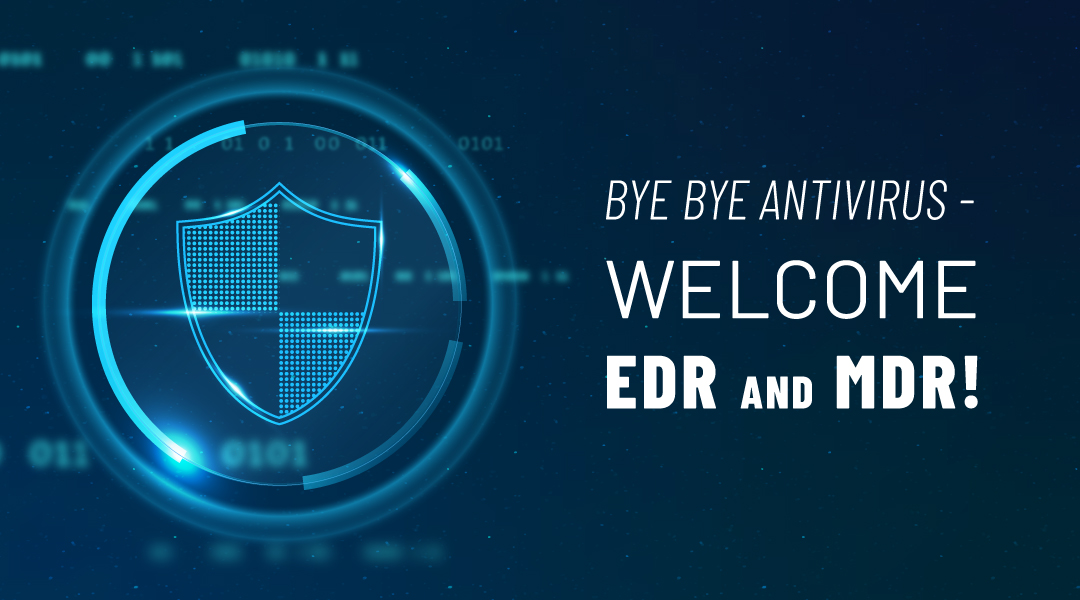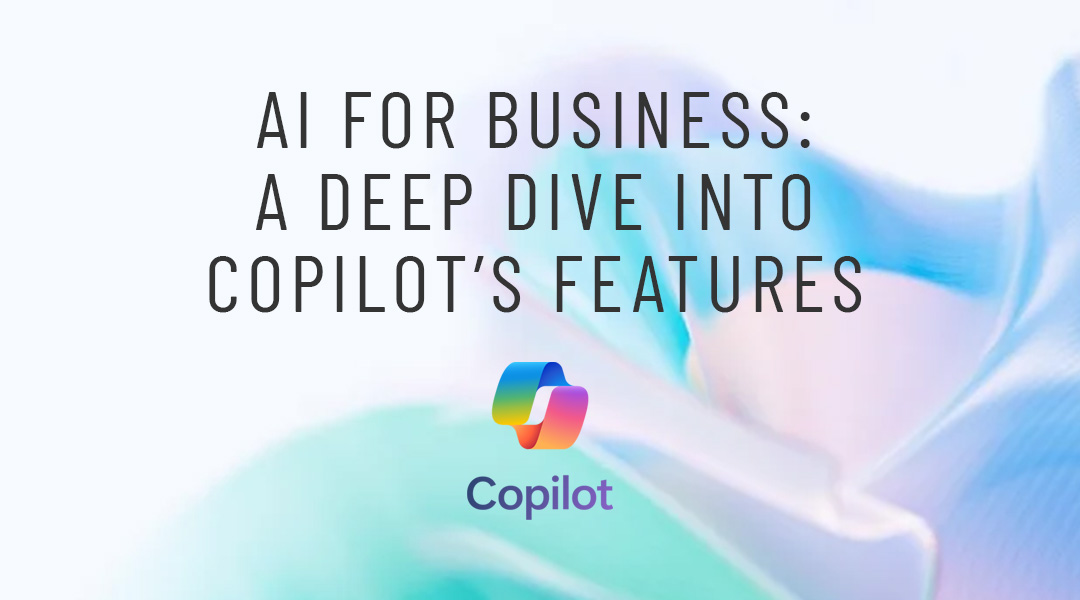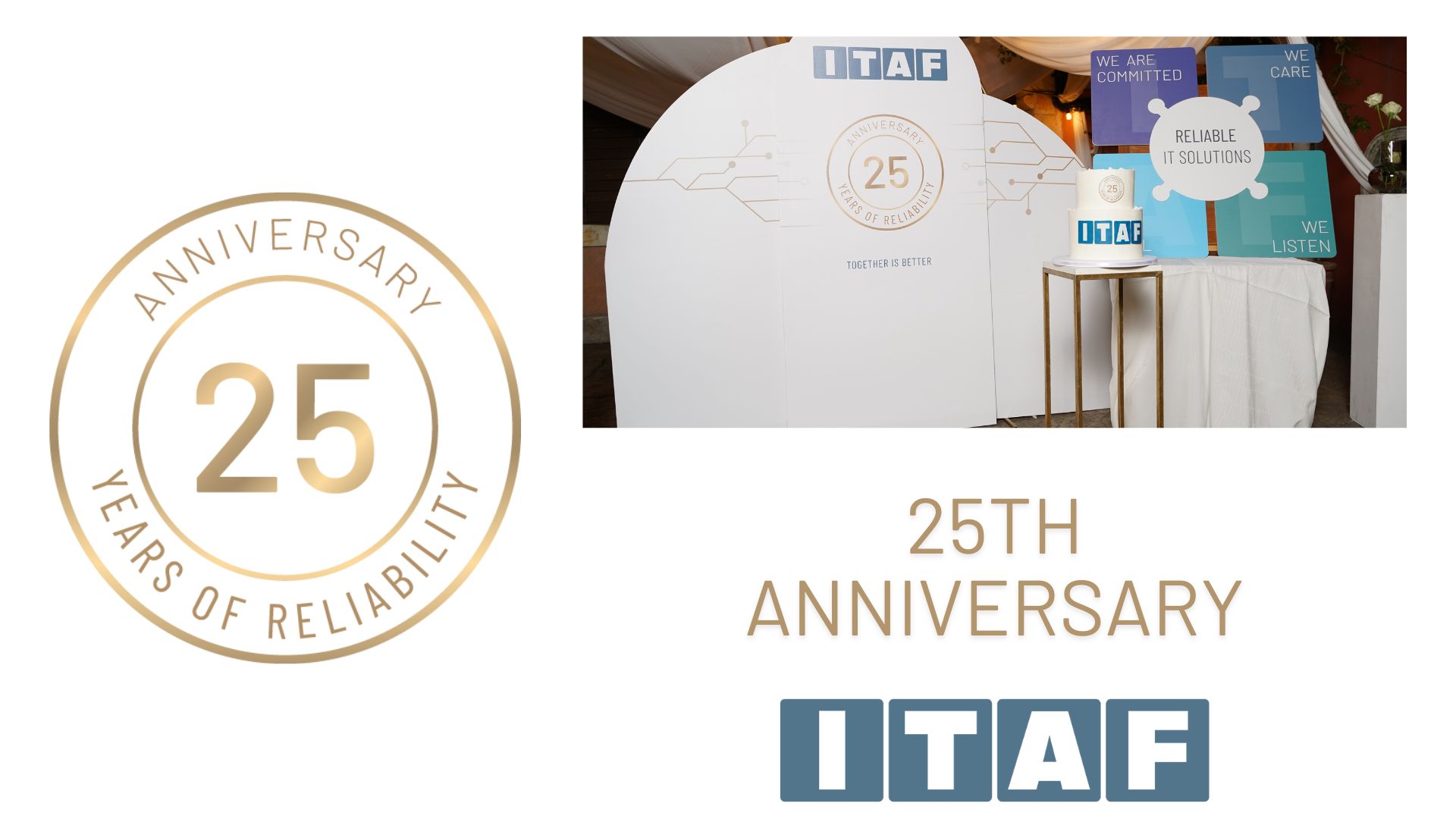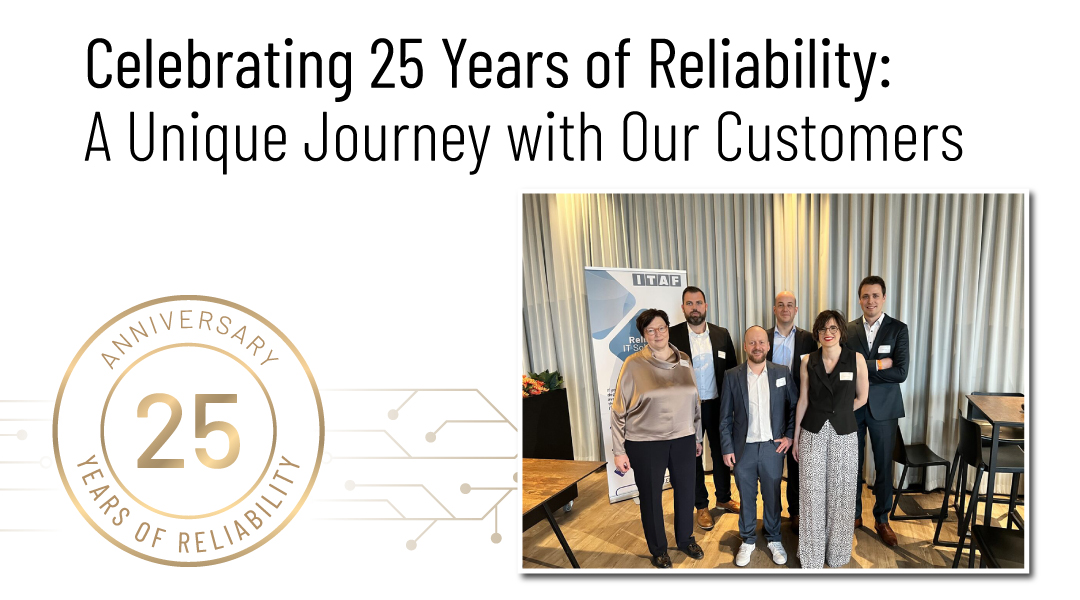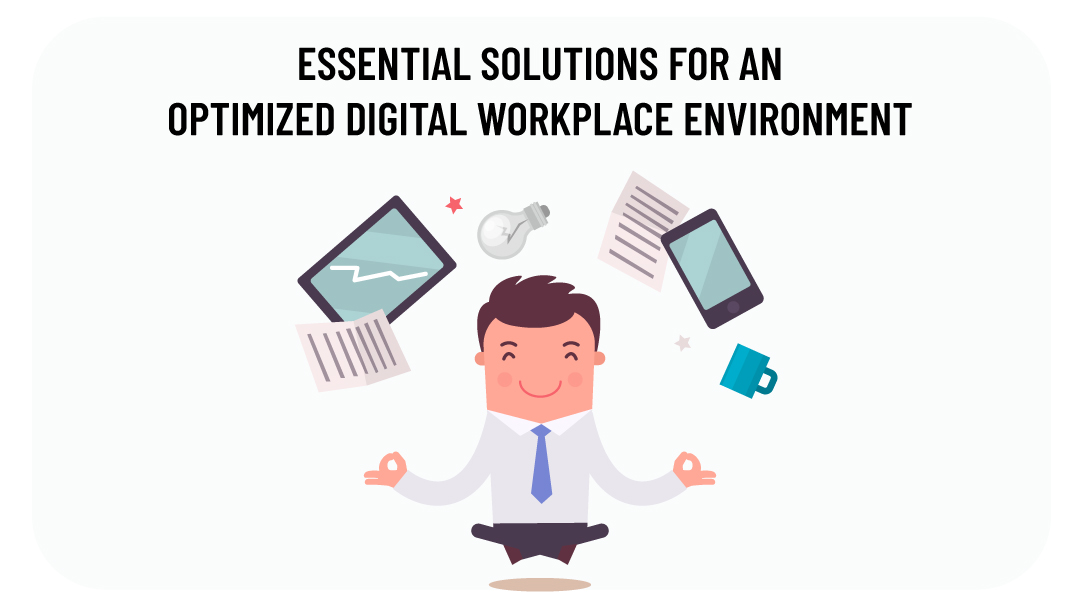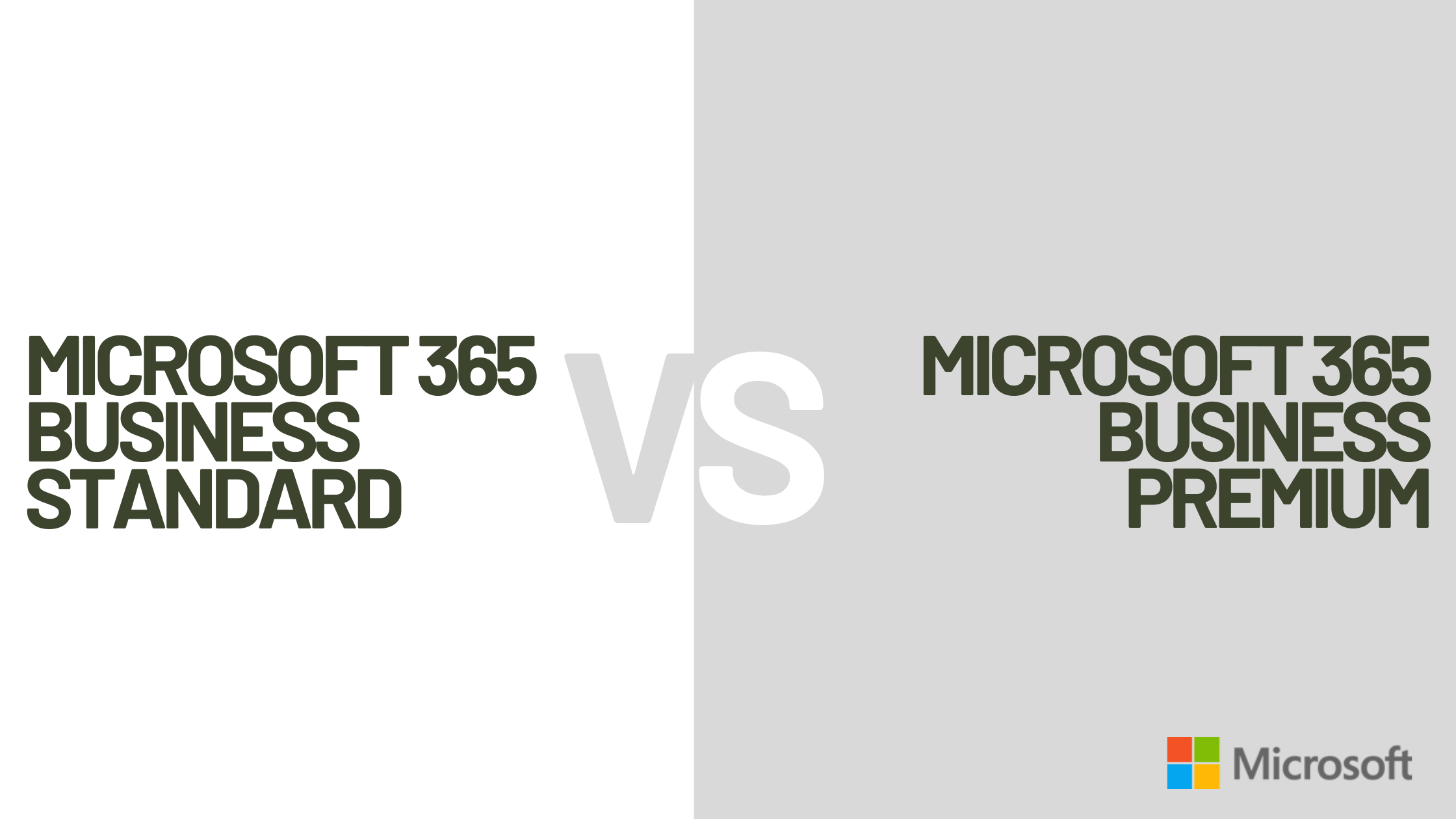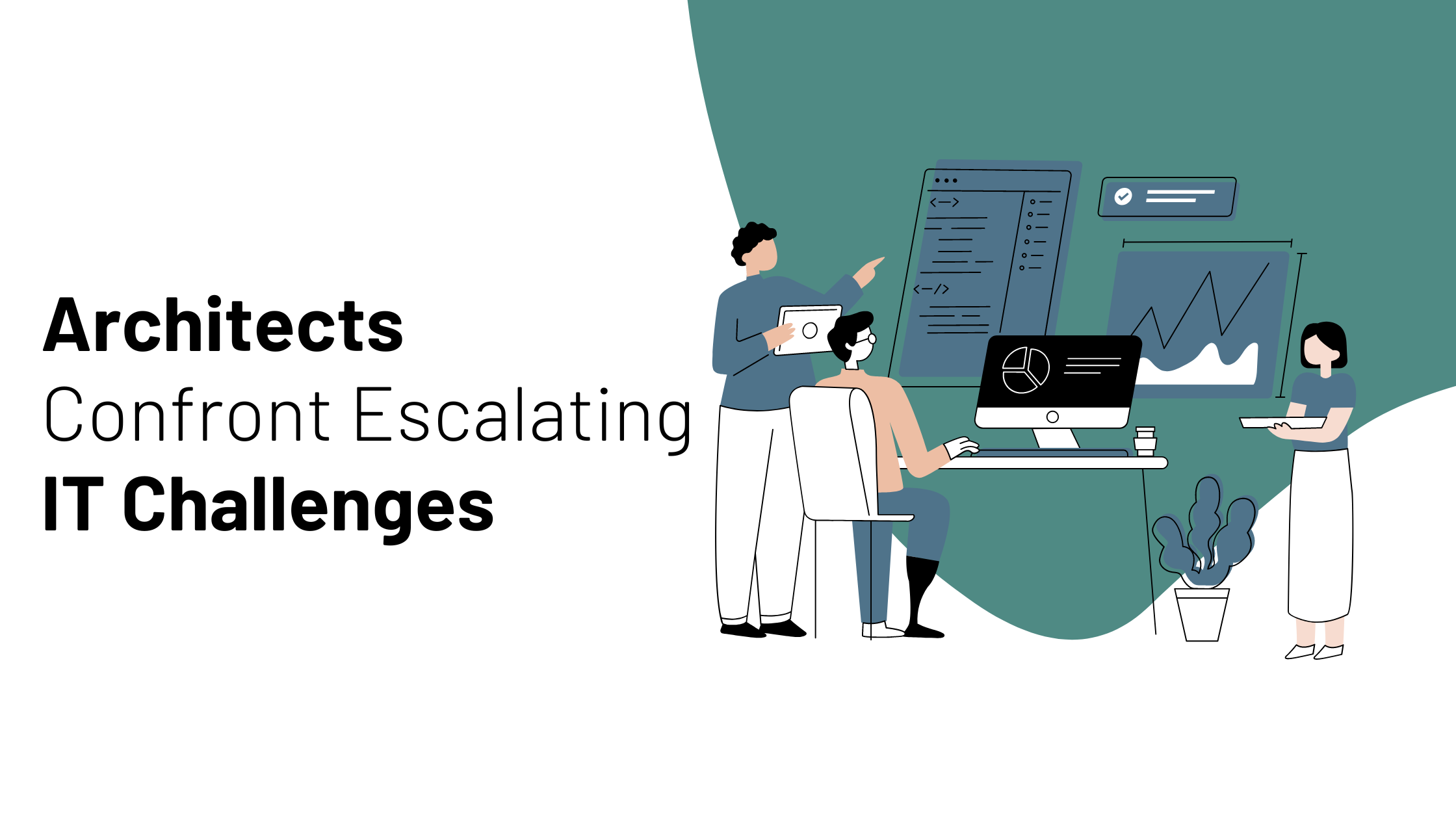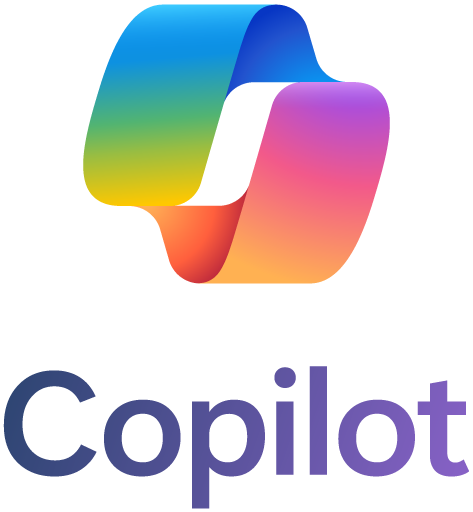This year’s global pandemic of COVID 19 changed the way we work. We learned that integrated databases are necessary to have productive and well-organized business activities. 2021 won’t be any different, and the way we approach databases and business organizations will be pivotal. Around 53% of businesses in 2020. consider ERP system or enterprise resource planning along with customer relationship management (CRM), to be priority investments. Between 2017 and 2022, the global ERP market will earn up to $47 billion in revenue at a CAGR of 7%.
ERP is ranked high as the strongest and the most comprehensive solution available for automation, data analysis, infrastructure integration, and reporting. An ERP software merges different processes, units, and business departments and unifies all of them on the same platform. That way, all the team members have access to all the real-time data necessary.
ERP project management is becoming an essential part of business processes. Choosing the best solution is critical and can be overwhelming for businesses. Today there are so many ERP systems available and choosing the one that integrates all the features matching the specific needs of a business is a crucial step.
To make your decision easier, we ranked critical ERP system features for 2021. We have also highlighted the advantages of Microsoft Dynamics 365 as an enterprise that integrates ERP and CRM.
Integration
Remote working became the new norm which can impact productivity. According to research, 78% of business leaders expect a negative impact of remote working on productivity. That’s where well-integrated ERPs come into play to connect the workflow.
While most ERPs do not have integration with personal productivity tools, Dynamics 365 integrates enterprise apps with office productivity apps (Microsoft 365 Business). Asides from solving productivity issues, integrations should make going through a lot of data for different processes and departments easier. The company can avoid missed opportunities as well as lower efficiency hat way.
A good ERP software creates a central view of all the essential data, such as financial and operational data. ERP should make (near) real-time sharing of the data across the company possible. It can turn the data into comprehensive reports and insights through a single database, placed on an intuitive platform. Data are often in form of dashboards – which is useful because about 65% of the people are visual learners.
Integration is a crucial feature because it also allows your business to work with different components at once. Another great integration that makes Dynamics 365 the most thorough choice is the one with customer relationship management (CRM).
Reporting
ERP with integrated dashboard reporting allows team leaders to collect data from different sources and organize it into a single report. It can help keep remote teams aligned.
An ERP should create comprehensive reports with customizable dashboards, charts, and other visual elements.
Dynamics 365 Business Central allows centralizing financial management data across accounting, sales, inventory, customer interactions.
• It contains seamless Excel integration, which helps us create more organized reports.
• Dynamics 365 also has built-in Power-Bi integration useful to chart your business performance in real-time.
• This ERP system also has built-in Cortana Intelligence that accurately predicts cash flow .
Mobile-Accessibility

Around 41 % of businesses worldwide offer some level of remote working. Upwork’s “Future Workforce Report” is predicting that 73% of all teams will work remotely on some level by 2028.
These stats show how important choosing a mobile accessible ERP for 2021 is.
Modern ERP simplifies information processing by allowing employees to enter data from any place. It also simplifies scheduling and controlling tasks and days off.
Data Security
With the rise of mobile accessibility and working out of the office, which is a more data-safe environment, data security became pivotal.
When it comes to choosing ERP software, modern ERP should be advanced user-permission settings oriented. That way, remote work security is assured, and data breaches are prevented.
Any employee as a user should be able to access only the specific information they need for their role in a company.
Companies are often in a dilemma between on-premise and cloud security design concerning data security when deciding between different ERP solutions,.
The most crucial difference between on-premise and cloud security is the amount of responsibility of the company itself and the service provider.
• On-premise infrastructure makes a business responsible for ERP security from end to end
• In cloud design, security responsibility is shared between the company and the provider.
Having that in mind, we can conclude that cloud-based ERPs such as Dynamics 365 (using Microsoft Azure Cloud) is a bit more secure.
Sensitive data is not available in private clouds, and the provider helps to prevent the possibility of data breaches.

Cloud-Based
As mentioned before, cloud-based ERPs are safer from security breaches because cloud vendors have more secure hosting environments.
However, cloud-based ERP has many more benefits, and the cloud can transform your business.
Cloud technology is better at storing a large amount of data. Cloud-based software is faster to implement, which gives the organization more time to focus on transformation.
Cloud-based instances of Dynamics 365 are Azure-hosted, which is Microsoft’s web services platform. Its purpose is to build, deploy, manage, and test programs from managed data centers located across the globe.
The new norm of working remotely will continue to affect work environments in 2021.
Aside from these time-sensitive critical ERP features, there are a lot of questions you should ask before acquiring an ERP software, for example questions regarding software automation and core functionalities.
How can ITAF help you?
Do you want to upgrade and organize your business processes? Contact us and get all the pieces of information needed for choosing and implementing ERP system for your company.

